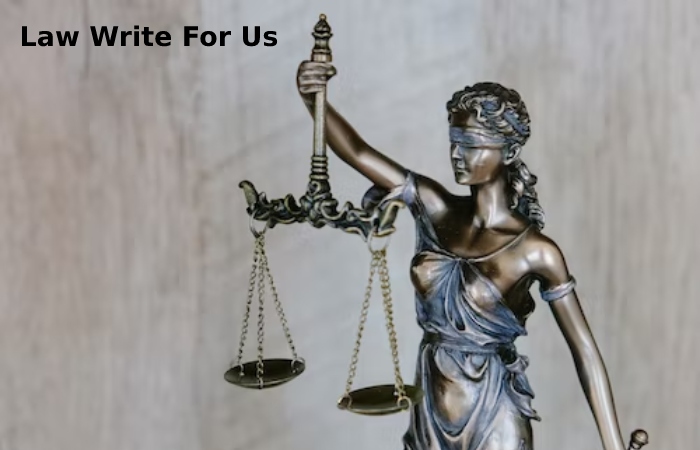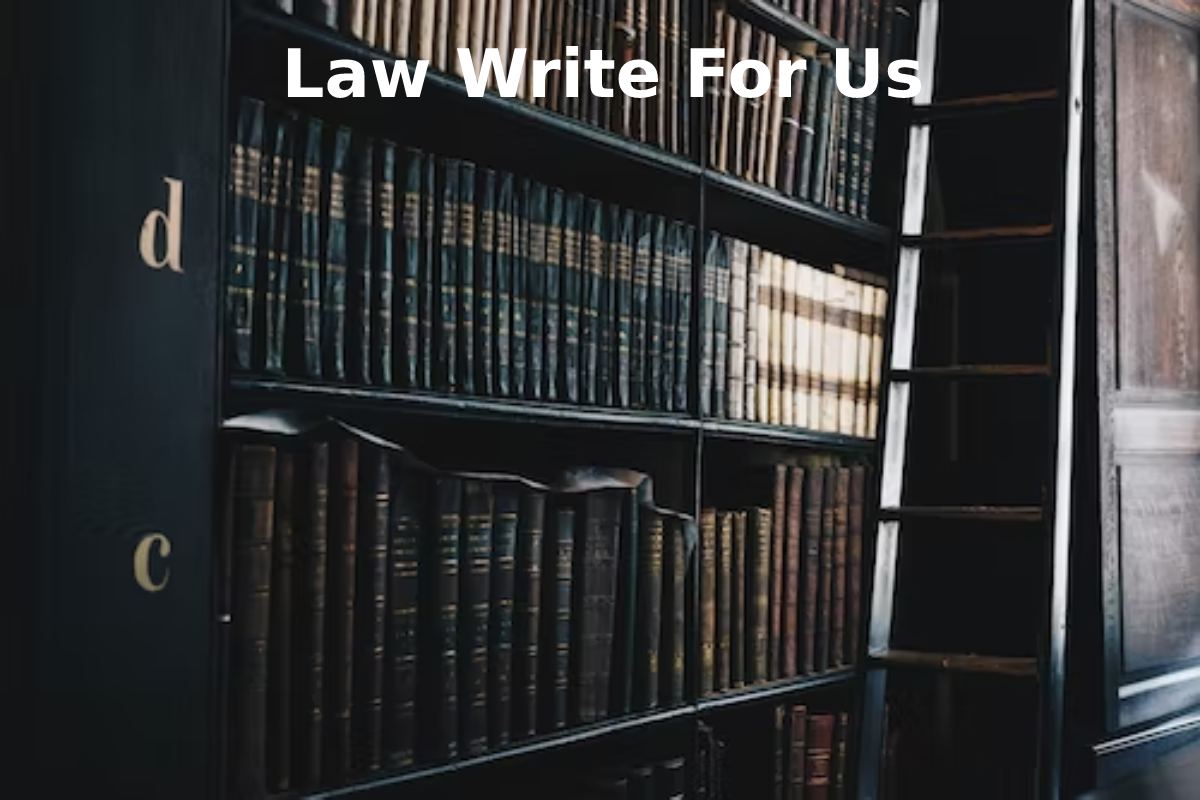“Human rights are a historical conquest that seeks to establish limits to power at a given historical moment, which are based on the dignity of the human being and materialize in the principles of freedom and equality,” explained the academic coordinator of the Chair of Rights Humans, Claudio Nash.
The United Nations Organization defines them as “rights inherent to all human beings, regardless of race, sex, nationality, ethnic origin, language, religion or any other condition. Human rights take in the right to life and liberty; not to subjected to slavery or torture; to freedom of opinion and expression; to education and work, among many others”.
In addition, they characterized by universal, minimal, indivisible, interdependent rights – the enjoyment and exercise of all requests mutually reinforcing – and inalienable, for which reason the authority recognizes them, does not deliver them, and therefore cannot take them away, he explained. Nash.
2. Who do human rights protect?
“Human rights protect all people without exception. The minimum human dignity that a human being requires is human rights. Therefore, ultimately, in response to the question that normally asked whether human rights protect the police, State officials, and protesters, If human rights protect people who have committed crimes, if they protect even those for whom acts of violence indicated, yes, human rights protect them all. Therefore, the debate that generated in terms of saying that human rights correspond to a single sector or that people who carry out acts of violence have no rights to humans is a fallacy”, explained the executive of the Human Rights Center of the University of Chile, Nancy Yáñez.
3. Guarantor of human rights
However, the State, through the entire apparatus of public power, which includes legal measures, public policies and the practices of its agents, the one obliged to respect and guarantee human rights, explained Professor Nash, who assured that the fundamental rights constituted as “the great triumph of humanity since the Enlightenment”.
However, “The State exists to guarantee human rights, and that is how emphatic I want to be. A State that cannot guarantee human rights is a State that is not democratic, and a non-democratic State is not legitimate; it may be legal, but it is not legit. So the State is the guarantor of these fundamental rights that it has already assumed based on the Constitution and the international treaties it subscribes to. Therefore it must guarantee them fully,” said Nancy Yáñez.
In this sense, since the police forces part of the state power, they obliged to “ensure public safety and the rights of the people. The legitimate use of force has assigned to them, and for this reason, they must strictly abide by its regulations and comply with their obligations in terms of human rights,” said the lawyer.
4. When is there police abuse in terms of human rights?
There is police abuse in terms of human rights when the police use force for purposes other than their functions of order and security, when they act outside their powers and when they violate human rights, Claudio Nash assured.
Along the same lines, Nancy Yáñez explained that although human rights are inherent to the human being and the basis of a democratic society, they limit the actions of the State and its agents “in the sense that the State agent to whom he has entrusted with the use of force, he cannot use it indiscriminately: he has to use it in strict adherence to the protocols precisely to safeguard human rights”.
“Here, it is important to take into account that a basic standard of human rights is to safeguard the life and physical and mental integrity of people; that is why, in the exercise of force to contain public order, to suppress social protests, etc., it must take into account that the use of force must be proportional”, added the lawyer.
5. Is the use of lethal weapons allowed to contain public order?
The director of the Focus for Human Rights of the University of Chile explained that “the use of non-lethal weapons must use in such a way that it does not cause damage to the physical or mental integrity of people or prevents such damage. That way, when the force used at a distance in which there a certainty that damage will generate or applied to parts of the body where physical or mental damage will ultimately generate, as has occurred in what we have of the State of emergency and the mobilizations, of course, disproportionate use of force being made that a violation of human rights”.
6. Who can commit human rights violations?
To the extent that the State is the guarantor of human rights, its agents are the ones who commit violations. “When the State, through one of its agents, fails to comply with its human rights obligations, this is considered a violation of human rights and the State responsible for that. Therefore, when a policeman is attacked, what is affected is his personal integrity, his life, etc. For that, in a democratic society like the Chilean one, there are penal and institutional instruments so that whoever attacks a policeman is duly punished, Nash explained.
In this regard, the director of the Center for Human Rights added: “When a person who is not a State agent commits a crime and alters the institutional order, infringement laws can be applied, as is the case of the Anti-Terrorism Law or the Law of Internal Security of the State, when they are crimes that could threaten or actions that could threaten the institutional order”.
“Now, a policeman who violates human rights when trying to establish his administrative and even criminal responsibility is fully entitled to human rights. Therefore, the rules relating to due process must be respected. Legal,” Nash added.
7. Complaint mechanisms
There are different internal mechanisms to which citizens can resort when their human rights are violated, such as constitutional protection, which includes the protection remedy and the Amparo remedy. However, some actions can be carried out before international bodies in the field of human rights, one of the main ones being the Inter-American System of Human Rights.
However, explained the lawyer from the University of Chile, this means that the internal route has been exhausted, that is, that people have appealed to the country’s judicial authorities and, having not obtained protection in that instance, they can attend international models of security, which not only see individual cases, “but also the general situation of human rights through other mechanisms. In the case of the Inter-American System, through thematic hearings or hearings dedicated to analyzing the human rights situation in a particular country, for example,”.
8. Who is competent to judge a State for human rights violations?
In the case of the Inter-American Human Rights System, this jurisdiction held by the Inter-American Commission on Human Rights (IACHR) and the Inter-American Court of Human Rights (I/A Court HR), but it the latter that also has jurisdictional jurisdiction; it is that , it can sanction a State. “This, because the system contemplates that the States, sovereignly, can submit to the jurisdiction of the Inter-American Court and Chile submitted to it and therefore accepted that this body has the competence to judge its responsibility in case of violation of human rights”, explained Nancy Yáñez.
9. Violations against children and adolescents
One of the main concerns in the current mobilizations is related to the actions that the police forces have taken against children and adolescents, one of the most severe recent events being the entry of police officers into the Liceo 7 Teresa Prats, who shot inside the enclosure.
In 1989, given the need for certain groups of people to have special protection in the enjoyment and exercise of their rights, the United Nations approved the Convention on the Rights of the Child, which was ratified by Chile in 1990 and governed by four fundamental principles: non-discrimination, the best interests of the child, their survival, development and protection, and their participation in decisions that affect them.
In the Chilean case, explained Nancy Yáñez, the situation of children and adolescents is worrisome. It had taken place “not only in the context of these mobilizations but since 2011 to date when we witnessed a systematic violation of rights that It has expressed in the way in which the social protest of high school students has repressed, which have placed in the debate one of the most sensitive issues in Chilean society, which free and quality education in an educational system that discriminates and condemns a large sector of the population to exclusion.”
The academic coordinator of the Human Rights Chair refers to the United Nations Human Rights Regulations and Practices for the Police, which establishes that “physical restraints and force will used with children on an exceptional basis, only when they have exhausted and all other control measures have failed, and only for the shortest period possible.
Likewise, the regulations establish that the police forces must not carry weapons in establishments for minors.
10. Crimes against humanity and violations of human rights.
In the international arena, some of the human rights violations -the most serious and when specific context requirements also met- can consider international crimes, such as massacres, crimes against humanity or war crimes.
“For there to be a crime against humanity, some human rights violations, not all, only the most serious, must be accompanied by a context, an attack against the civilian population, that this attack generalized or systematic, and that whoever commits it he is aware of said attack,” explained Claudio Nash.
“The fact that it is widespread has to do with the number of victims; on the other hand, the system has to do with the fact that there is planning, an ability to maintain this over time, human and financial resources are available, and, in addition, there an environment that allows carrying out these acts,” added the lawyer, arguing that a crime against humanity could also incurred when the authority in charge of avoiding and/or punishing it fails to comply with said obligation.
Also read:

Likewise, You can submit your articles at contact@businessinsiderblogs.com
How to Submit Your Law Articles Law Write For Us?
That is to say, To submit your article at www.businessinsiderblogs.com, mail us at contact@businessinsiderblogs.com.
Why Write for Us Business Insider Blogs– Law Write For Us

Law Write For Us
That is to say, here at Business Insider Blogs, we publish well-researched, informative, and unique articles. In addition, we also cover reports related to the following:
enforceable
science
legislature
statutes
decrees
regulations
contracts
alternative ways of resolving disputes
constitution
rights
politics
economics
history
society
jurisdictions
comparative law
civil law
Guidelines of the Article – Law Write For Us

Related Pages
Lead Generation Write For Us
Magento Write For Us
Marketing Automation Write For Us
Merchandise Write For Us
Packaging Write For Us
Paid Marketing Write For Us
Product Management Write For Us
Product Marketing Write For Us
Sales and Marketing Write For Us
Software Development Write For Us
Technology Write For Us
Link Building Write For Us
Web Designing Write For Us
Digital Marketing Write For Us
Social Media Marketing Write For Us
Finance Write For Us
Website Designing Write For Us
Seo Write For Us
Jewelry Write For Us
Video Marketing Write For Us
Tether Write For Us

